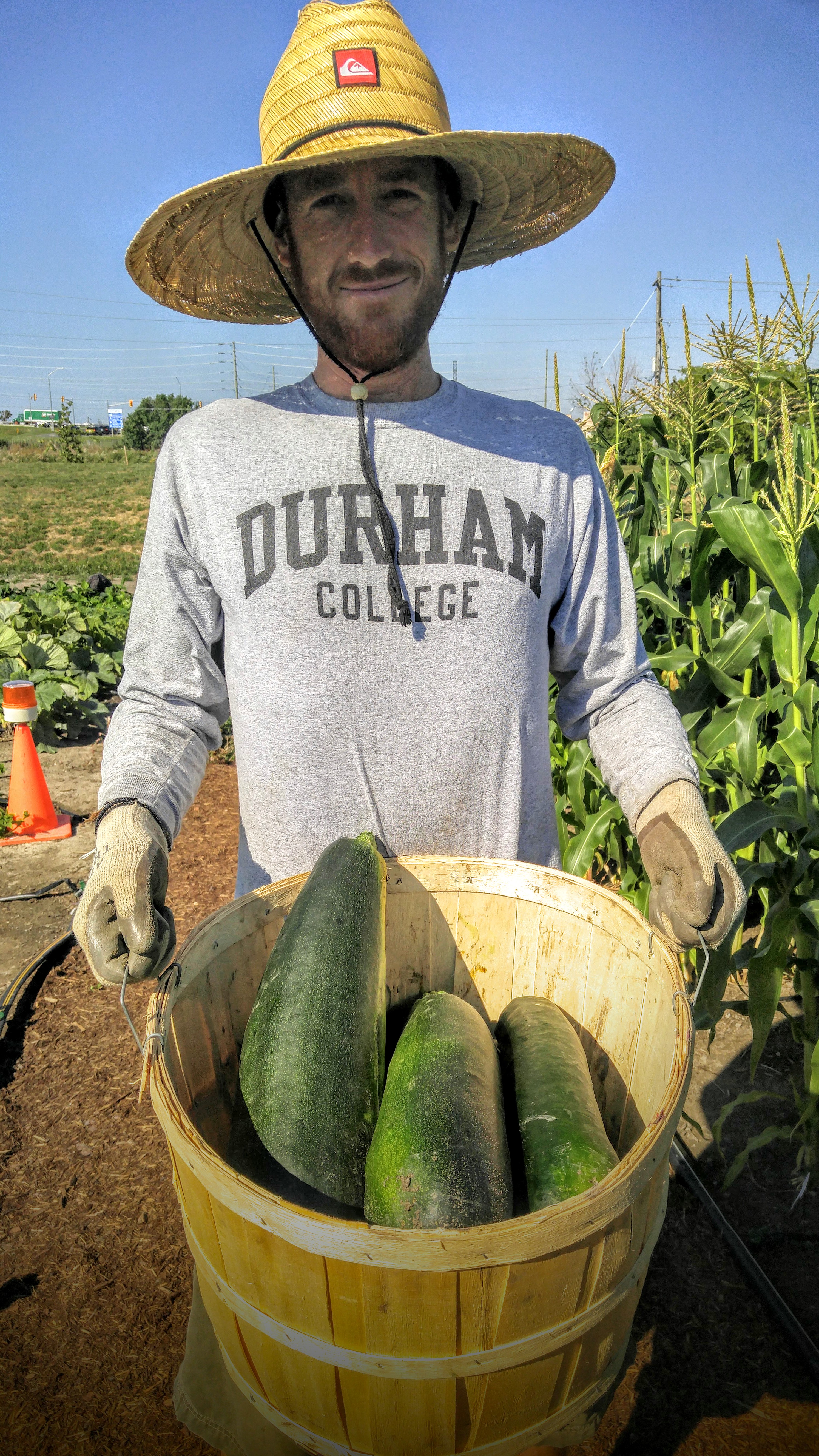By Kaitlynn Anderson
Staff Reporter
Farms.com
Why consider a career in horticulture?
In hopes of encouraging others to become a part of this growing industry, Ryan Cullen, a graduate of Durham College’s horticulture – food and farming program, shared some information with Farms.com.

Source: W. Galen Weston Centre for Food
“Traditionally, horticulture has focused on a very specialized set of skills and practices – plant conservation, landscape restoration, soil management, landscape and garden design, construction, maintenance and arboriculture,” said Cullen, who works as the field coordinator at the college’s W. Galen Centre for Food.
However, the horticultural industry is evolving and demanding “a more diversified set of skills and practices for a more diversified range of opportunities in the field,” he said.
“This isn’t your grandfather’s horticulture career, or even your father’s.”
Due to this change, agri-food graduates need to possess a wider variety of skills than previous generations.
So, “schools like Durham College … (are) giving students the type of experiential learning environment today’s horticulturalists need to thrive,” Cullen said.
Durham College offers multiple agri-food programs, including horticulture technician and horticulture – food and farming. These programs are integrated with other aspects of the college — including the School of Skilled Trades, Apprenticeship & Renewable Technology and hospitality programs – to allow students to experience how the industry connects with other parts of the economy.
The college is “home to a developing arboretum, perennial gardens, greenhouses, agricultural fields and a Field to Fork restaurant (Bistro '67) in its W. Galen Weston Centre for Food,” he said.
“All of this means students graduate with a wider-range of skills and experiences that are better suited for the modern world.”